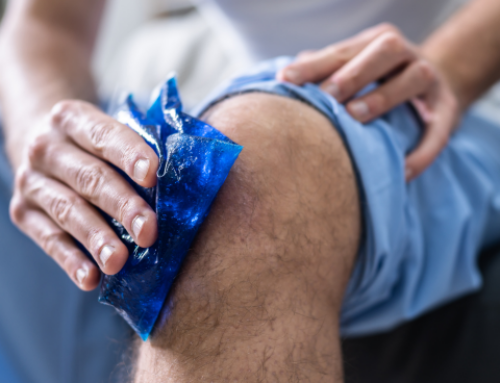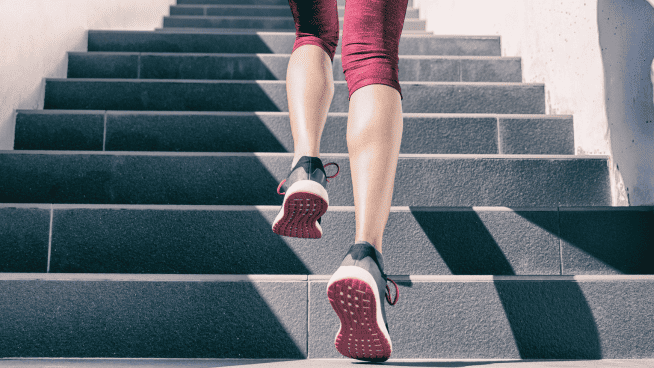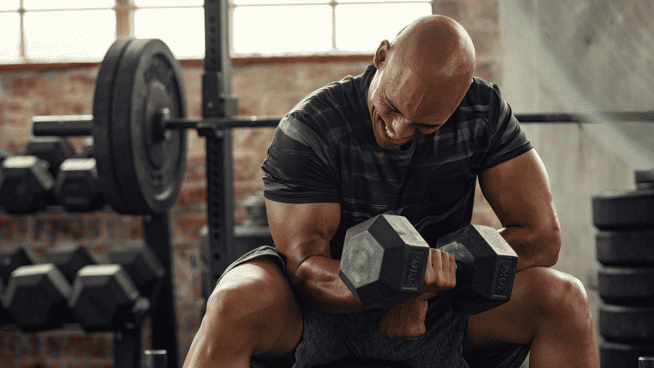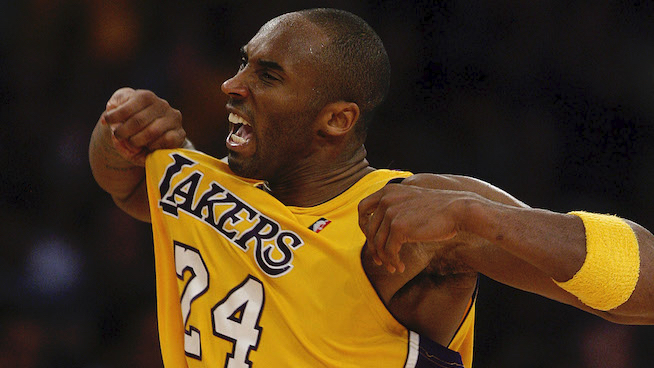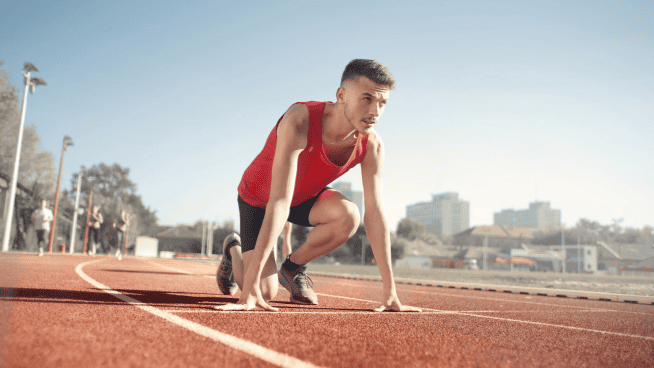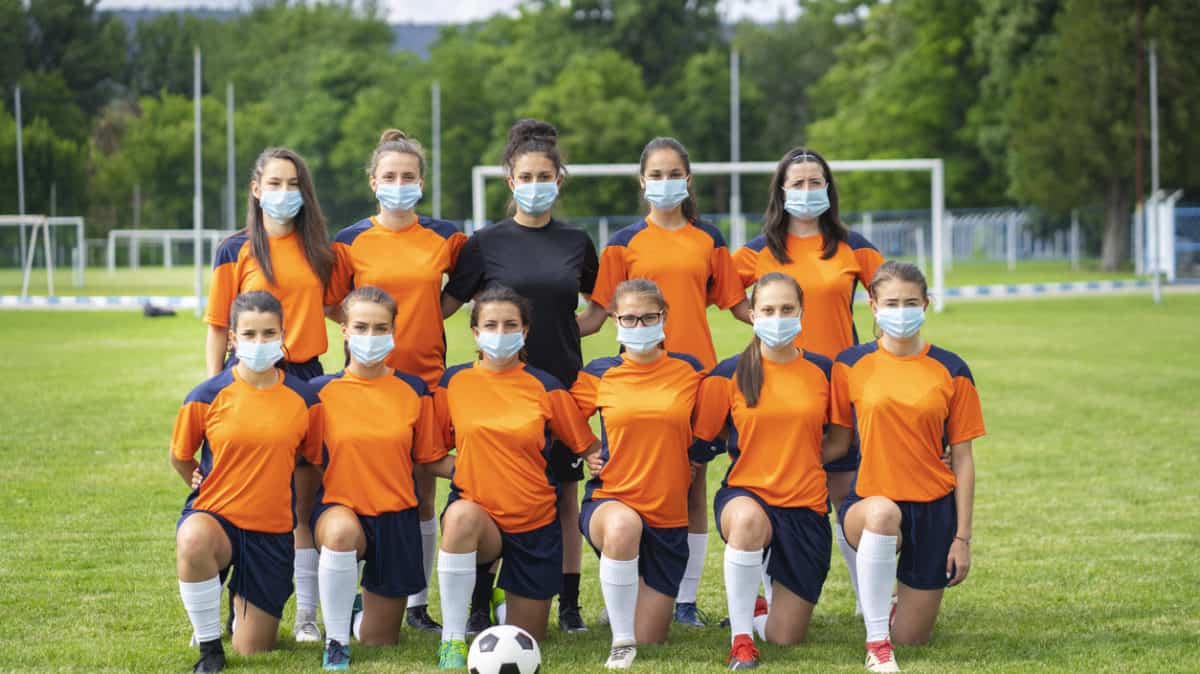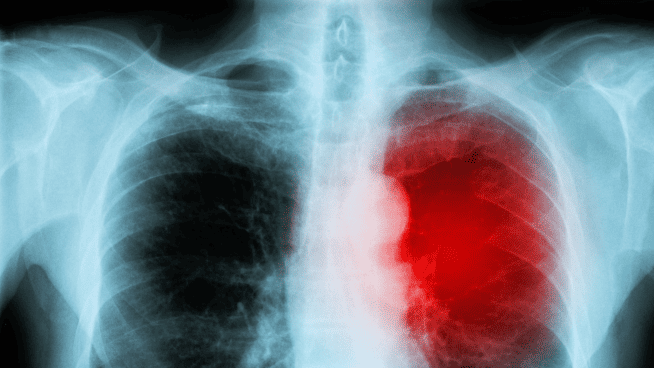5 Benefits of Coffee for Athletes
As an athlete, your fueling strategy probably involves three or four key beverages—water, milk, protein shakes and sports drinks like Gatorade. But research shows that a morning cup of coffee might be a great addition to your arsenal. The brown brew offers a slew of health benefits for both athletes and average health-conscious people.
This article is intended for adult athletes. Coffee is a powerful beverage. It’s been proven to have a powerful beneficial effect on human health, but it can also have powerful negative effects when used irresponsibly. As for children and adolescents, if they are drinking coffee, great care must be taken to ensure they stick within the daily limit of 2.5mg of caffeine per kilogram of bodyweight. This translates to a very small amount of coffee.
Here are five reasons why adult athletes, should incorporate coffee their rotation.
1. Coffee reduces the amount of pain you perceive during exercise.
Train hard enough and eventually, your muscles will beg you to stop. Coffee could help lower the volume of those pleas. According to research published in 2009 in the International Journal of Sport Nutrition and Exercise Metabolism, a jolt of caffeine (like what you find in a cup of coffee) can reduce the amount of pain perceived by low to moderate caffeine consumers if taken before exercise. Even if you’re not a habitual java drinker, you might get an immediate benefit from a cup before a big game or practice. Just remember that a “cup” is exactly that: 8 ounces, a small glass.
2. Coffee also reduces perceived pain after exercise
Research published in The Journal of Pain suggests that moderate doses of caffeine (approximately two cups of coffee) can reduce post-exercise soreness by up to 48 percent. The study examined the effects of caffeine on a group of nine female college students who were neither regular caffeine users nor regularly physically active. The subjects participated in a moderate workout. Then, one or two days later, they took either a caffeine pill or a placebo and an hour later performed quadriceps exercises—first to produce maximal force, then to produce sub-maximal force. Compared to the placebo subjects, those who got the caffeine reported a 48 percent reduction in pain in the max effort exercise and a 26 percent reduction in pain in the sub-maximal effort exercise.
If you spent the off-season playing Xbox, this might an easy way to reduce soreness after your first few practices back in the gym.
3. Coffee helps you refuel.
You’re racing for a protein shake after practice, but you might want to swap it for a sweet potato and a cup of joe—at least according to research in the Journal Of Applied Physiology. That research found that athletes who ingested coffee after exercise had approximately 66 percent more muscle glycogen than those who ingested a placebo four hours after exercise. “If you have 66 percent more fuel for the next day’s training or competition, there is absolutely no question you will go farther or faster,” said Dr. Hawley, the study’s senior author, in a press release.
4. Coffee delays exhaustion.
Those extra reps at the end of a weight training session are always harder than the first few, but a hit of caffeine (like you’d find in a cup coffee) could help you press up your last rep—according to the Coventry University in England. In the study, researchers had 13 young men Bench Press, Deadlift, Squat and Row to failure with weight that was 60 percent of their one-rep max. The participants performed two workouts: one where they consumed a placebo beverage an hour before exercise, and another where they consumed a beverage packed with 179 mg of caffeine an hour before exercise.
The workouts were separated by at least 48 hours. The researchers found that the athletes who did not consume caffeine reached exhaustion much faster than those who did. “Essentially, we found that with the caffeinated drink, the person felt more able to invest effort,” said Michael Duncan, a senior lecturer in sports science at the University of Exeter in England and lead author of the study, in an interview with The New York Times. “They would put more work into the training session, and when the session was finished, in the presence of the caffeinated drink, they were more psychologically ready to go again.”
5. Coffee could help you cut flab.
If you’re looking to cut that last bit of fat before beach season, grab a green coffee bean. According to 2012 research presented at the 243rd National Meeting & Exposition of the American Chemical Society (ACS), overweight individuals who chomp down on a “fraction of an ounce of ground coffee beans” can lose a significant amount of weight—the participants in this particular study lost approximately 10%.
The study was performed on 16 overweight or obese men and women, aged 22-26. All participants cycled through a high dose of coffee extract (1,050 mg), a low dose of coffee extract (700mg) and a placebo at six-week intervals, for a total of 22 weeks. Their caloric intake and exercise habits did not change. After 22 weeks, participants lost an average of 17 pounds, with an average decrease in body fat of 16 percent. “Based on our results, taking multiple capsules of green coffee extract a day—while eating a low-fat, healthful diet and exercising regularly—appears to be a safe, effective, inexpensive way to lose weight,” Joe Vinson, Ph.D., said at the ACS meeting (as quoted in this press release).
RECOMMENDED FOR YOU
5 Benefits of Coffee for Athletes
As an athlete, your fueling strategy probably involves three or four key beverages—water, milk, protein shakes and sports drinks like Gatorade. But research shows that a morning cup of coffee might be a great addition to your arsenal. The brown brew offers a slew of health benefits for both athletes and average health-conscious people.
This article is intended for adult athletes. Coffee is a powerful beverage. It’s been proven to have a powerful beneficial effect on human health, but it can also have powerful negative effects when used irresponsibly. As for children and adolescents, if they are drinking coffee, great care must be taken to ensure they stick within the daily limit of 2.5mg of caffeine per kilogram of bodyweight. This translates to a very small amount of coffee.
Here are five reasons why adult athletes, should incorporate coffee their rotation.
1. Coffee reduces the amount of pain you perceive during exercise.
Train hard enough and eventually, your muscles will beg you to stop. Coffee could help lower the volume of those pleas. According to research published in 2009 in the International Journal of Sport Nutrition and Exercise Metabolism, a jolt of caffeine (like what you find in a cup of coffee) can reduce the amount of pain perceived by low to moderate caffeine consumers if taken before exercise. Even if you’re not a habitual java drinker, you might get an immediate benefit from a cup before a big game or practice. Just remember that a “cup” is exactly that: 8 ounces, a small glass.
2. Coffee also reduces perceived pain after exercise
Research published in The Journal of Pain suggests that moderate doses of caffeine (approximately two cups of coffee) can reduce post-exercise soreness by up to 48 percent. The study examined the effects of caffeine on a group of nine female college students who were neither regular caffeine users nor regularly physically active. The subjects participated in a moderate workout. Then, one or two days later, they took either a caffeine pill or a placebo and an hour later performed quadriceps exercises—first to produce maximal force, then to produce sub-maximal force. Compared to the placebo subjects, those who got the caffeine reported a 48 percent reduction in pain in the max effort exercise and a 26 percent reduction in pain in the sub-maximal effort exercise.
If you spent the off-season playing Xbox, this might an easy way to reduce soreness after your first few practices back in the gym.
3. Coffee helps you refuel.
You’re racing for a protein shake after practice, but you might want to swap it for a sweet potato and a cup of joe—at least according to research in the Journal Of Applied Physiology. That research found that athletes who ingested coffee after exercise had approximately 66 percent more muscle glycogen than those who ingested a placebo four hours after exercise. “If you have 66 percent more fuel for the next day’s training or competition, there is absolutely no question you will go farther or faster,” said Dr. Hawley, the study’s senior author, in a press release.
4. Coffee delays exhaustion.
Those extra reps at the end of a weight training session are always harder than the first few, but a hit of caffeine (like you’d find in a cup coffee) could help you press up your last rep—according to the Coventry University in England. In the study, researchers had 13 young men Bench Press, Deadlift, Squat and Row to failure with weight that was 60 percent of their one-rep max. The participants performed two workouts: one where they consumed a placebo beverage an hour before exercise, and another where they consumed a beverage packed with 179 mg of caffeine an hour before exercise.
The workouts were separated by at least 48 hours. The researchers found that the athletes who did not consume caffeine reached exhaustion much faster than those who did. “Essentially, we found that with the caffeinated drink, the person felt more able to invest effort,” said Michael Duncan, a senior lecturer in sports science at the University of Exeter in England and lead author of the study, in an interview with The New York Times. “They would put more work into the training session, and when the session was finished, in the presence of the caffeinated drink, they were more psychologically ready to go again.”
5. Coffee could help you cut flab.
If you’re looking to cut that last bit of fat before beach season, grab a green coffee bean. According to 2012 research presented at the 243rd National Meeting & Exposition of the American Chemical Society (ACS), overweight individuals who chomp down on a “fraction of an ounce of ground coffee beans” can lose a significant amount of weight—the participants in this particular study lost approximately 10%.
The study was performed on 16 overweight or obese men and women, aged 22-26. All participants cycled through a high dose of coffee extract (1,050 mg), a low dose of coffee extract (700mg) and a placebo at six-week intervals, for a total of 22 weeks. Their caloric intake and exercise habits did not change. After 22 weeks, participants lost an average of 17 pounds, with an average decrease in body fat of 16 percent. “Based on our results, taking multiple capsules of green coffee extract a day—while eating a low-fat, healthful diet and exercising regularly—appears to be a safe, effective, inexpensive way to lose weight,” Joe Vinson, Ph.D., said at the ACS meeting (as quoted in this press release).




